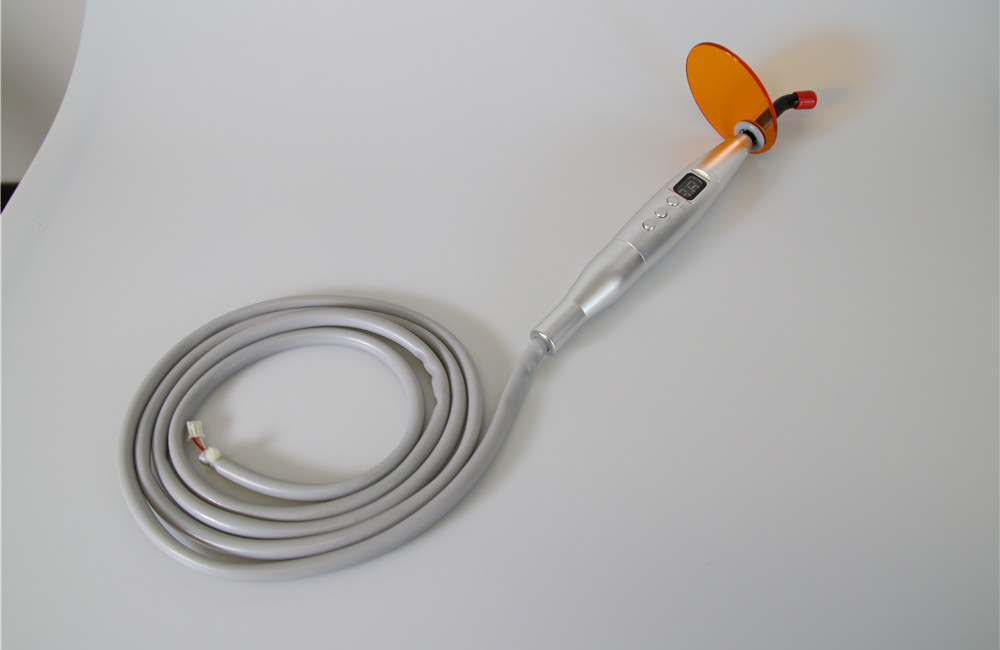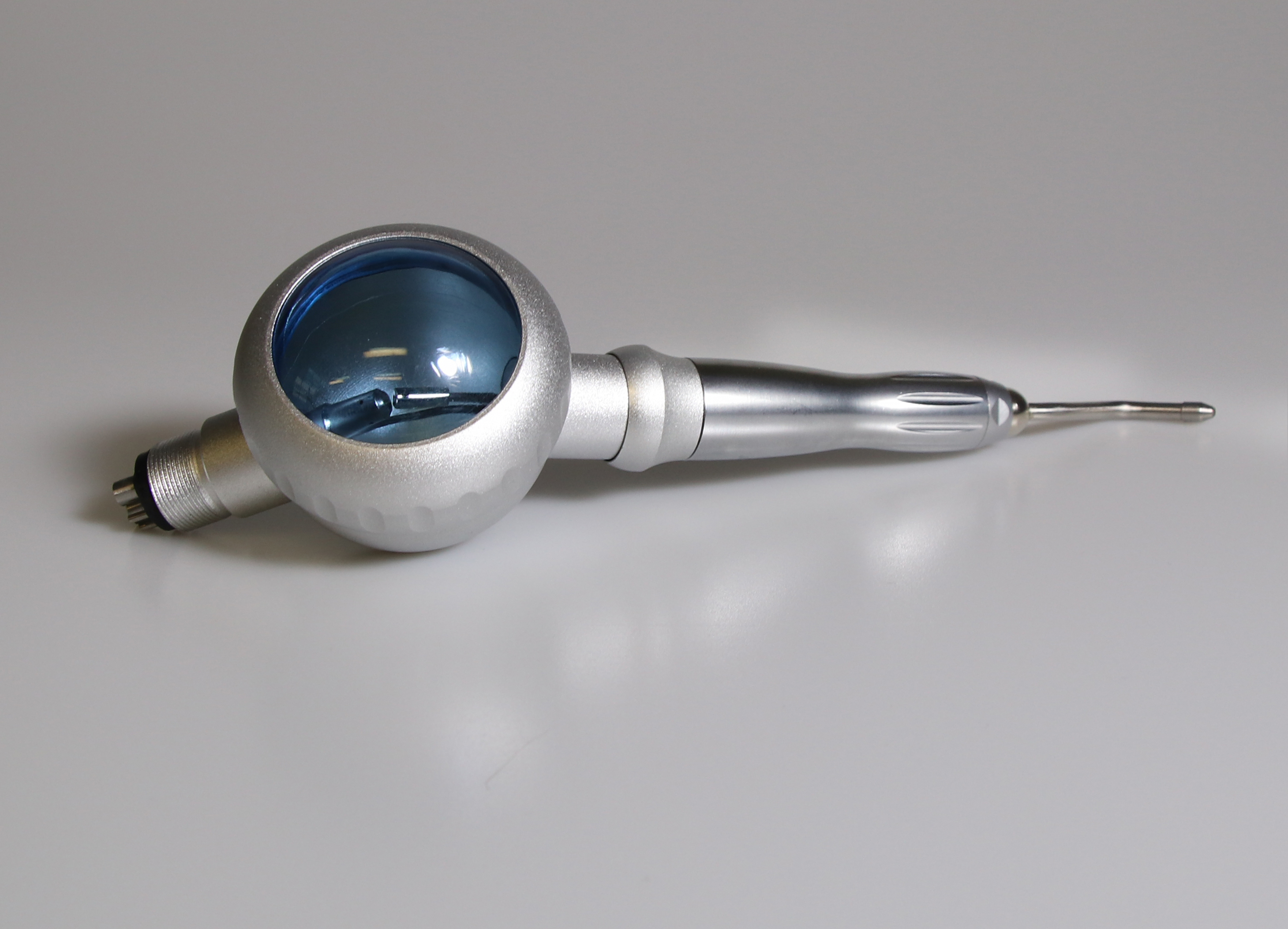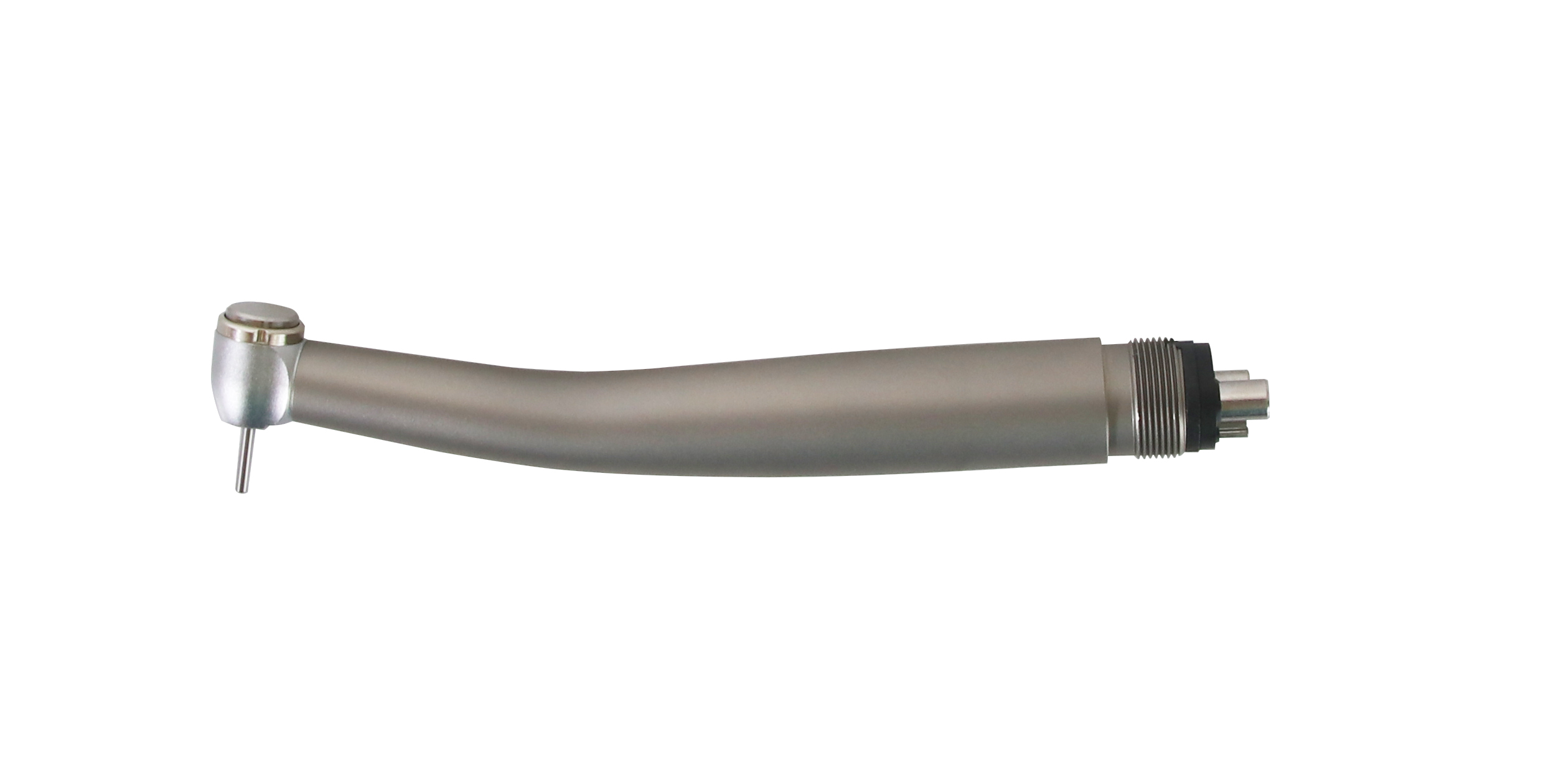Exploring Dental Equipment Tools for Modern Dentistry
In the realm of modern dentistry, the utilization of advanced dental equipment tools has revolutionized patient care and treatment outcomes. These tools not only facilitate efficient procedures but also enhance precision and comfort for both patients and dental professionals. Let's delve into the pivotal role played by curing lights, air polishers, and high-speed handpieces in contemporary dental practices.
The LED curing light emits a narrow wavelength spectrum, precisely targeting photoinitiators within resin composites. This focused energy triggers rapid polymerization, resulting in strong and durable bonds. Conversely, halogen lights are less efficient due to broader wavelengths and longer curing times.
The air polisher functions by expelling a controlled stream of compressed air and water mixed with fine abrasive particles. This triplet combination dislodges superficial stains and biofilm without compromising enamel integrity. Compared to traditional polishing methods, air polishers offer a gentler approach, minimizing enamel abrasion and preserving tooth structure.
The high-speed handpiece's turbine spins at speeds exceeding 300,000 RPM, ensuring rapid and smooth cutting action. This high rotational speed minimizes heat generation, preserving tooth structure and enhancing patient comfort during procedures. Dental professionals benefit from increased efficiency and reduced procedural time.
Routine cleaning and lubrication of handpieces and curing lights prolong their lifespan and optimize performance. Dental professionals adhere to stringent sterilization protocols to uphold the highest standards of infection control and patient care. Regular equipment maintenance safeguards against malfunction and ensures consistent procedural outcomes.
Introduction to Dental Equipment Tools
Dental instruments are indispensable assets in oral healthcare, evolving significantly over centuries. From rudimentary tools to sophisticated electronic devices, dental equipment has undergone transformative advancements, aligning with the quest for enhanced patient care and procedural efficiency.Curing Light in Modern Dentistry
Curing lights are fundamental in restorative dentistry, serving to polymerize dental materials swiftly and effectively. The advent of LED technology has outpaced traditional halogen lights, offering superior efficiency and durability. These lights expedite procedures, minimizing chair time and ensuring durable restorations.The LED curing light emits a narrow wavelength spectrum, precisely targeting photoinitiators within resin composites. This focused energy triggers rapid polymerization, resulting in strong and durable bonds. Conversely, halogen lights are less efficient due to broader wavelengths and longer curing times.
Air Polisher: Enhancing Dental Hygiene
Air polishers employ a sophisticated air-water-powder triplet system to remove stains and plaque effectively. This non-invasive technique enhances patient comfort, reducing discomfort associated with conventional scaling methods. Air polishers are particularly adept at tackling extrinsic stains from dietary sources like coffee and tobacco.The air polisher functions by expelling a controlled stream of compressed air and water mixed with fine abrasive particles. This triplet combination dislodges superficial stains and biofilm without compromising enamel integrity. Compared to traditional polishing methods, air polishers offer a gentler approach, minimizing enamel abrasion and preserving tooth structure.
High-Speed Handpiece: Precision and Speed
High-speed handpieces are the workhorses of dental clinics, enabling swift and precise tooth preparation and restorative procedures. Equipped with a turbine, chuck system, and precision bearings, these handpieces operate at remarkably high speeds, facilitating efficient cavity preparation and crown adjustments.The high-speed handpiece's turbine spins at speeds exceeding 300,000 RPM, ensuring rapid and smooth cutting action. This high rotational speed minimizes heat generation, preserving tooth structure and enhancing patient comfort during procedures. Dental professionals benefit from increased efficiency and reduced procedural time.
Maintenance and Sterilization Practices
Proper maintenance and sterilization of dental equipment are paramount to ensure patient safety and prevent cross-contamination. Autoclaving remains the gold standard for sterilization, utilizing high-pressure steam to eradicate pathogens effectively. Chemical sterilization methods, while useful, may pose risks of equipment corrosion.Routine cleaning and lubrication of handpieces and curing lights prolong their lifespan and optimize performance. Dental professionals adhere to stringent sterilization protocols to uphold the highest standards of infection control and patient care. Regular equipment maintenance safeguards against malfunction and ensures consistent procedural outcomes.




